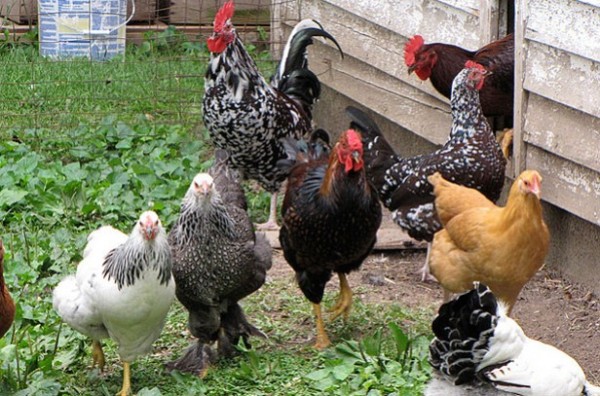
A growing number of consumers are turning to organic meat and poultry products because they believe these products are healthier than conventionally produced products. They also believe they are less likely to be contaminated with antibiotics and hormones.
The processing methods used in organic meat and poultry production may influence the nutrient composition of these products. This is why it is important to understand the methods that are used in organic processing.
Methods
The process of producing organic meat and poultry involves the following processes:
Firstly, livestock is fed a certified organic ration that contains no antibiotics, synthetic hormones or pesticides. This is the basis for National Organic Program (NOP) certification, which is regulated by the United States Department of Agriculture and accredited certification agencies.
In addition, livestock is raised in barns that are inspected and certified annually. These barns must be maintained in good condition, preventing flies and other pests from gaining access to the poultry, and well-drained yards or feeding pads should be established to prevent runoff of waste to surrounding surface water and across property boundaries.
Feeding and forage intake is also monitored to ensure the livestock does not exceed a specific daily limit, which can range from 50 to 60 pounds per head. Grazing swards should be managed to keep forages fresh and fertilised with NOP-compliant mineral NPK fertilisers as required.
Health
Choosing organic meat and poultry can benefit you in terms of health, safety and sustainability. Typically, organic poultry is free from antibiotics and other growth boosters and is raised in a natural environment with access to natural forage.
In contrast, conventional poultry is fed a ration that contains synthetic products and antibiotics. It is also often raised in feedlots or outdoor runs where it is often surrounded by livestock waste.
Compared to conventional meat, organic meat tends to have lower concentrations of undesirable 14 : 0 and 16 : 0 fat and higher concentrations of n-3 PUFA. The latter may have a beneficial impact on CVD risk. However, this has not yet been validated in human dietary intervention or cohort studies.
Safety
Choosing organic meat and poultry can help you avoid exposure to the harmful chemicals, drugs or pathogens found in conventionally produced foods. Additionally, organic production methods ensure that your food is not contaminated by soil or water pollution and does not contribute to soil erosion and contamination of water resources by plant nutrients, heavy metals or pathogens.
A growing number of consumers are looking to purchase organic meat because they believe it is 'healthier'. However, there is considerable scientific uncertainty about whether, and to what extent, the resulting changes in food quality affect human health.
In the UK, demand for organic meat products has increased by 20 percent since 1997, with traditional supermarkets and mass merchandisers accounting for 58 percent of organic sales. These consumers are willing to pay a higher price for premium products because they perceive the health benefits to outweigh the extra cost.
Sustainability
The use of organic methods is a positive step for sustainability. By raising livestock on land, avoiding the use of fertilisers and pesticides, and using waste water for irrigation or other purposes, the environmental impacts of meat production can be minimised.
Poultry are also efficient convertors of feed to meat or eggs, enabling nutrient cycling through feed, manure and soil. This helps to maintain biological diversity, nutrient availability and regeneration capacity for soils and crops, as well as reduce greenhouse gas emissions from livestock production.
This study systematically mapped the scientific literature on farm-level sustainability in egg and chicken meat production in Europe, North America and Australia. This aims to gather knowledge, to identify gaps in research and to prioritise future research.
Frequently Asked Questions
Is organic produce healthy?
There are two types. One is those that we grow ourselves, and the other is those that we buy from someone else. There are exceptions, but the majority of the time, both options will be available. Organic food is healthier than conventional food because it doesn’t contain harmful chemicals, pesticides or herbicides. It also doesn’t contain preservatives or genetically modified organisms.
You can find organic foods in supermarkets across North America. Most grocery stores now carry organic food, making it easier for consumers to choose organic products.
Organic food has higher levels vitamins, minerals and antioxidants which makes it more delicious and nutritious. Organics are grown without using pesticides and fertilizers. They also don't pollute soil or water.
The USDA regulates organic agriculture practices. This means that farmers must adhere to strict guidelines to make sure organic produce is safe to consume. There are currently more than 30,000,000 acres of US farmland which have been designated organic.
Organic food is often cheaper than traditional food. Customers pay less for the same amount in calories, protein and nutrients. Organic farms don't have the expense of expensive chemical inputs, such as insecticides and/or fungicides. They can charge lower prices.
According to the Environmental Working Group organic food is 10 percent cheaper per pound than conventionally manufactured food. If you care about the health of yourself and your family, consider switching to organic food.
Organic food has been a popular alternative for standard American diets. While many believe organic food can only come from specialty markets and fine dining restaurants, it is not true. Organic food can be purchased in most grocery stores across the United States.
In recent years, organic food sales have been on the rise. In the US, organic food sales reached $43Billion in 2012, an increase of $21Billion in 2007.
What is the difference in organic and non-organic foods?
Organic food is free from pesticides, chemical fertilizers and sewage sludge. It can also be grown without irradiation or genetic modification. Organic farming practices contribute to soil health, water purity, and animal welfare.
Inorganic foods are produced using chemical fertilizers, pesticides, and sewage effluent. Radiation is used to treat irradiated food; biological engineering techniques are used to create genetically modified organisms (GMO).
"Organic" and "natural" are often interchangeable. Natural does not always mean organic. Natural products can also be labeled with synthetic ingredients.
Because organic produce contains fewer harmful chemicals, pesticides, and fertilizers than conventional produce it is more nutritious. Organic farmers also don't use synthetic fertilizers or hormones, pesticides, or antibiotics.
Why is organic produce important?
For our health, organic produce is crucial. It is the best option to ensure that we eat nutritious food. It's not only better for us but also it's more sustainable as it doesn't rely upon pesticides and fertilers.
Organic farming relies on natural methods to cultivate crops, without the use of harmful chemicals. This reduces the risk of environmental pollution, which makes it safer for people and animals. You are helping the planet and yourself by choosing organic food.
But organic food offers more than just health benefits. We all know the negative effects that processed foods can have on our health. However, organic fruits & vegetables aren’t treated with chemical sprays. That means that they taste fresher, look brighter and last longer too.
Because of this, organic foods are so important. It's healthy for you and the planet.
Statistics
- Once certified by the USDA, it can fall into one of four categories: "100 percent organic", "organic," "made with organic ingredients," or "made with less than 70 percent organic ingredients. (en.wikipedia.org)
- Brands participating in this challenge are committed to using 100 percent sustainable cotton by 2025.[5] (en.wikipedia.org)
- Cosmetic brands such as Laurel and Rose Mira are 100 percent organic and have a wide array of skincare products. (en.wikipedia.org)
- Nutrients like omega-3 fatty acids were up to 50 percent higher in organic meats and milk than in conventionally raised products.[3] (en.wikipedia.org)
External Links
usda.gov
doi.org
- Occupational Pesticide Exposures and the Cancer Risk: A Review. Journal of Toxicology and Environmental Health. Part. B. Vol 15, Issue 4.
- Genetically modified foods: safety, risks and public concerns--a review - Journal of Food Science and Technology
ota.com
ecfr.gov
How To
What happens to your body when you switch to organic products?
Organic products do not contain synthetic fertilizers or hormones. They are derived from clean water and animals that have been free to roam. Organic products are those that do not contain chemicals or other additives. This product is natural and does not contain any harmful substances.
The term "natural", refers only to how food was grown. It's usually used to describe foods not processed into their final form (such as fruits). Natural foods are often more fresh than others, because they haven’t been processed with heat, radiation or chemical preservations. Some people don't believe that natural means healthy. Experts believe there is no difference in organic and conventional food. Both types of food have been tested for safety and quality. Organic produce contains fewer pesticide and other pollutants than conventionally-grown produce.
In general, most grocery stores now offer organic options. If you are looking for organic meat, poultry and eggs, check with your local grocery store. Some companies sell only organic products. Other companies have separate sections. You should look for USDA Certified Organic, Non GMO Project Verified (Biodynamic Association Certified), Rainforest Alliance Certified, and other certifications.
You should avoid eating these items if you are pregnant or nursing. Pesticides can harm unborn infants and babies.
Resources:
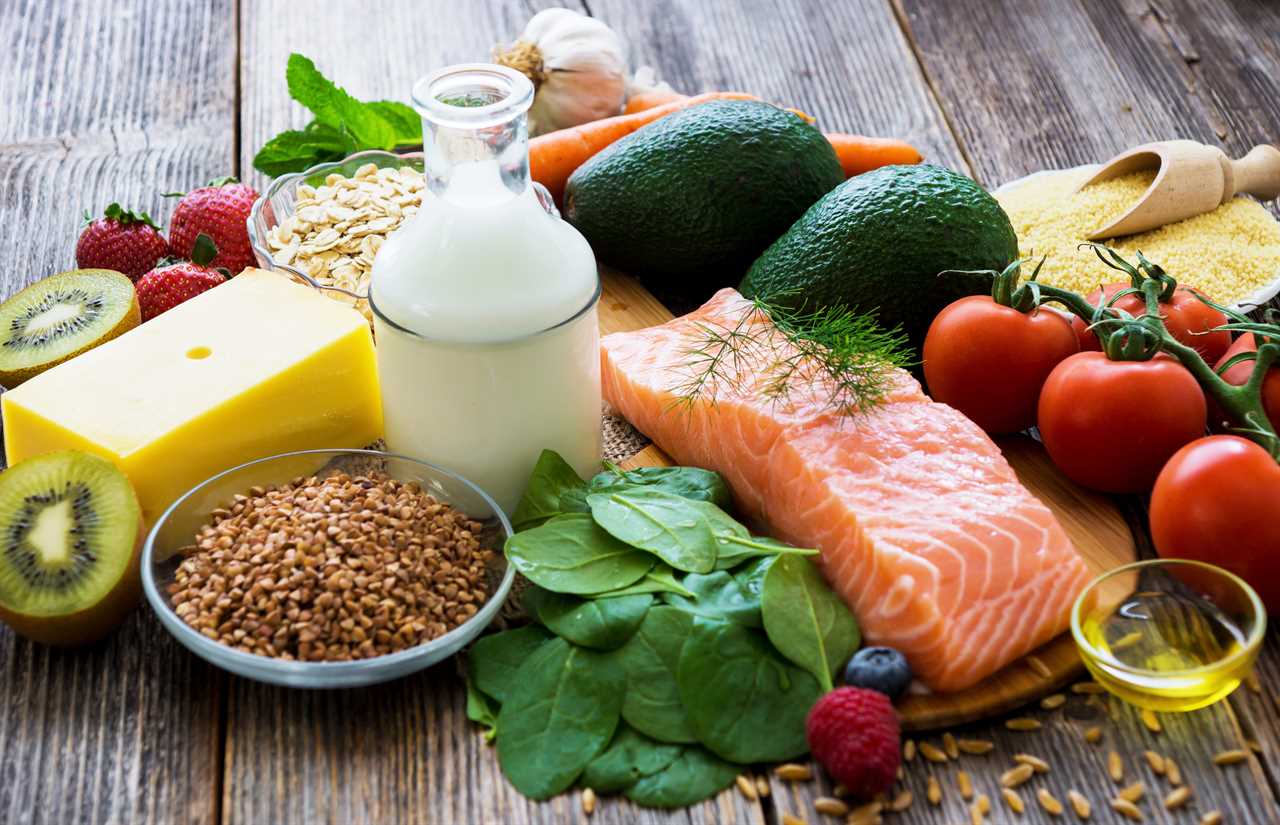 |
GALLONS OF PINE SOL + 10 CANS OF COMETGenuinely embracing global flavours, BelovedSaffron.com invites food lovers and passionate chefs to explore a world of spices and herbs, organic food, |
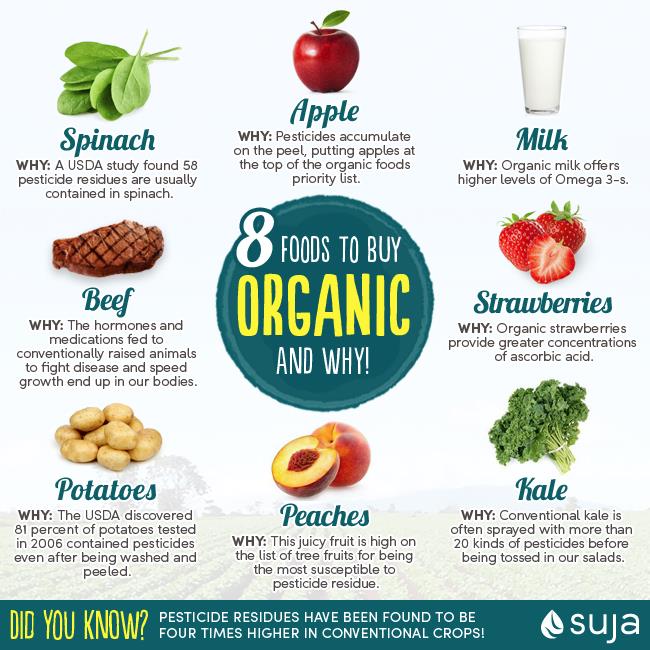 |
The 15 Best States for Homesteading in 2023We understand that food has the power to connect us all, transcending cultures and distances. At Belovedsaffron.com, we are passionate about spices,.. |
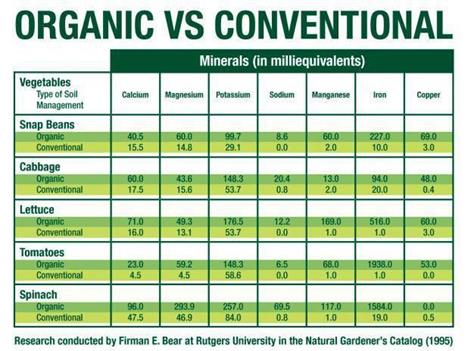 |
The Ugandan Agricultural Revolution led by Dr. Emma NaluyimaWelcome to Belovedsaffron.com, where we embrace everything related to spices, herbs, nutritious food, and organic eating! We are not professional.. |
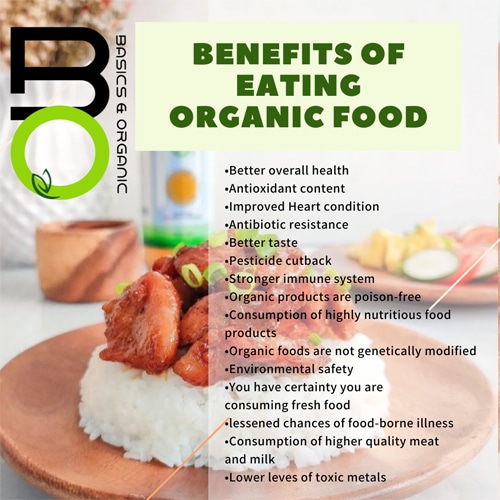 |
Innovating our way into the future. A Summit for Entrepreneurs and Intrapreneurs.Discover the wonders of global cuisine at Belovedsaffron.com! Our mission is to bring you spices, herbs and organic food from all over the world,.. |
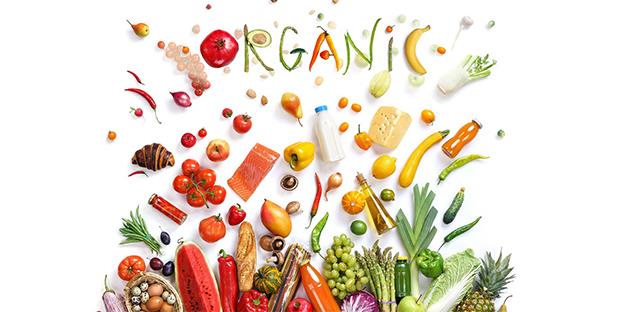 |
You’re Killing Your Asparagus if You Do This, 5 MISTAKES You Can’t Afford to Make Growing AsparagusWelcome to Belovedsaffron.com, where we are passionate about spices, herbs, recipes and organic eating! Here you will find a wide range of spices,.. |
 |
What I eat in a Day RESTAURANT VLOG!At Belovedsaffron.com, we are passionate about spices, herbs, recipes and organic eating. We are on a mission to bring you awareness about flavours.. |
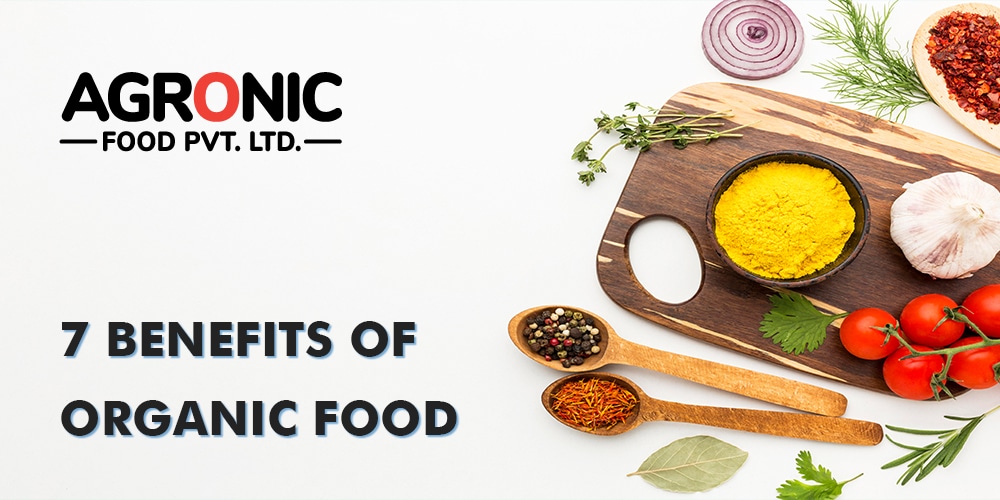 |
Nepali Organic Himalayan Village Food (Rice and Lentils ) | shepherd food | Shepherd Life |Rainy DayAt Belovedsaffron.com, we're passionate about flavours, cultures and cooking wisdom from around the world. We seek to bring you closer to sustainable |
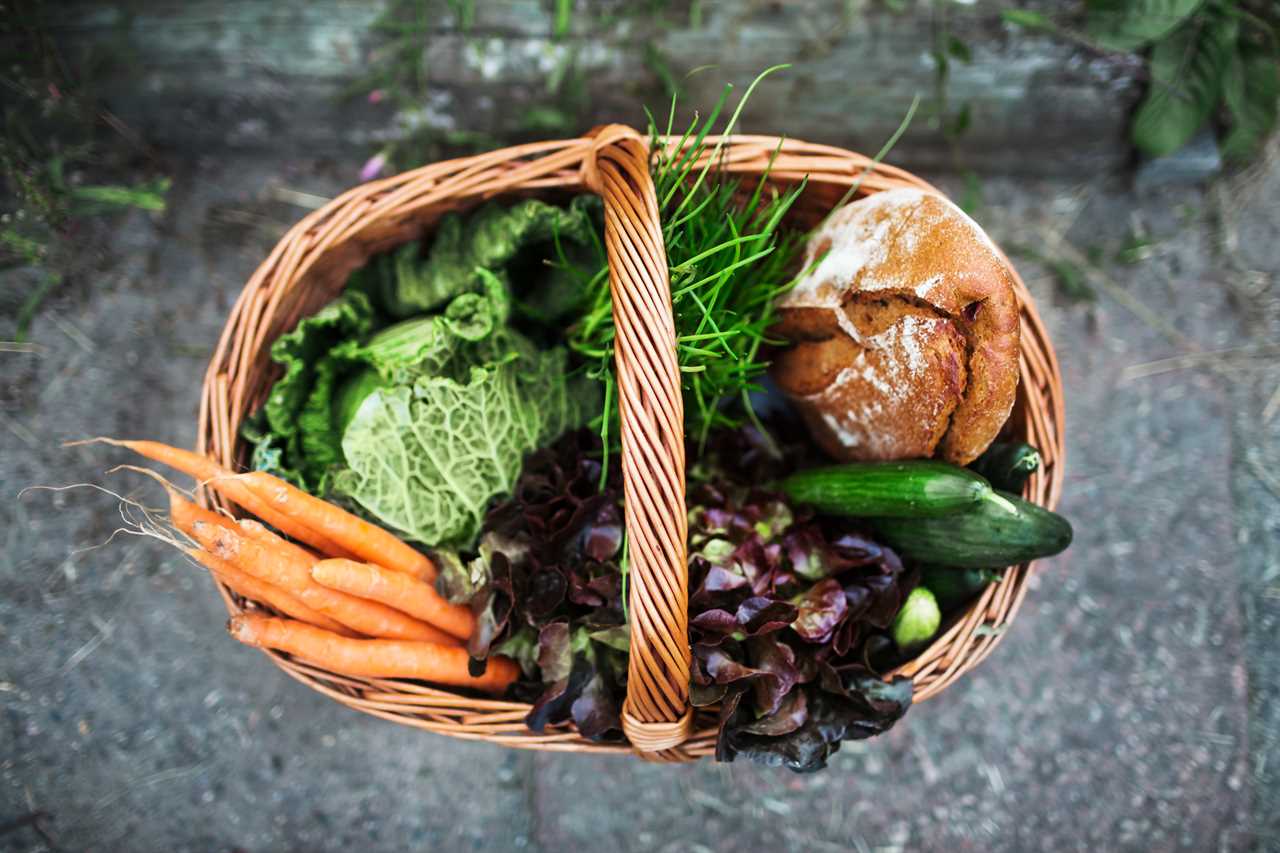 |
Planting trees and vegans, two very different farmers on food and farming with @GarethWynJonesAt Belovedsaffron.com, we are passionate about spices, herbs, good food and organic eating. Our mission is to bring awareness about the different.. |
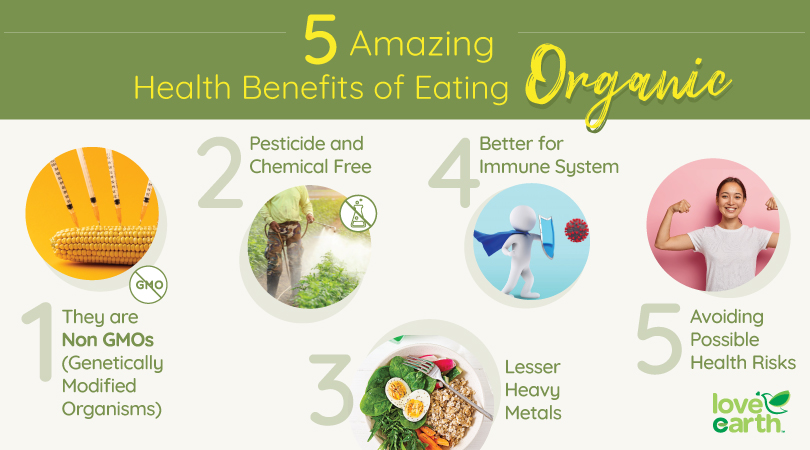 |
1 Food That Causes Insulin Resistance!Processed meats are high in sodium and nitrates, which can make it difficult for your body to process carbohydrates effectively. This can lead to health |
 |
Innovating our way into the future. A Summit for Entrepreneurs and Intrapreneurs.A powerful theme that speaks to the core of the nation. Solid speakers, not one of them will drop the ball. Shaping minds, promoting talents, pushing |
 |
All toxins will come out of your body! My grandfather''s old recipe!All toxins will come out of your body! My grandfather's old recipe! Ingredients: 2 Lemons 15 gr Ginger 1 piece garlic Honey as needed Subscribe my |
 |
The 3 Biggest FASTING MISTAKES & How to Do It CORRECTLY for Insane Benefits! | Dr. Mindy PelzDr. Mindy Pelz is a renowned holistic health expert and one of the leading voices in educating women about their bodies. She is on a mission to start a women’s |
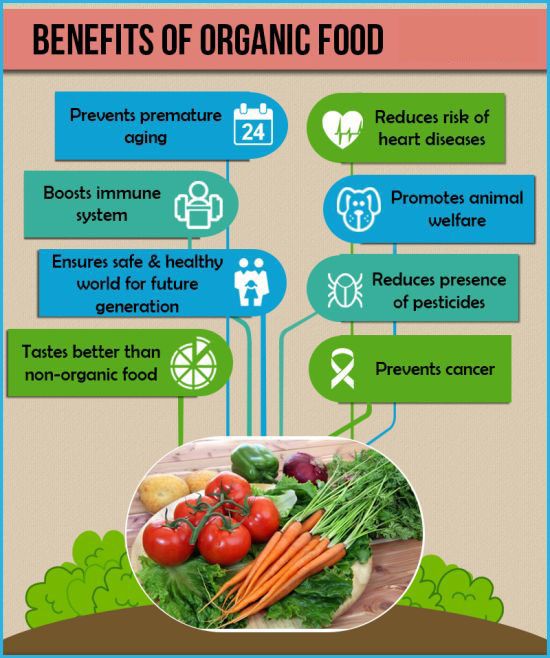 |
9 Hidden Benefits of Eating Pineapples DailyAre you curious about the health benefits of adding pineapples to your daily diet? In this informative video, we reveal the top nine hidden benefits of eating |
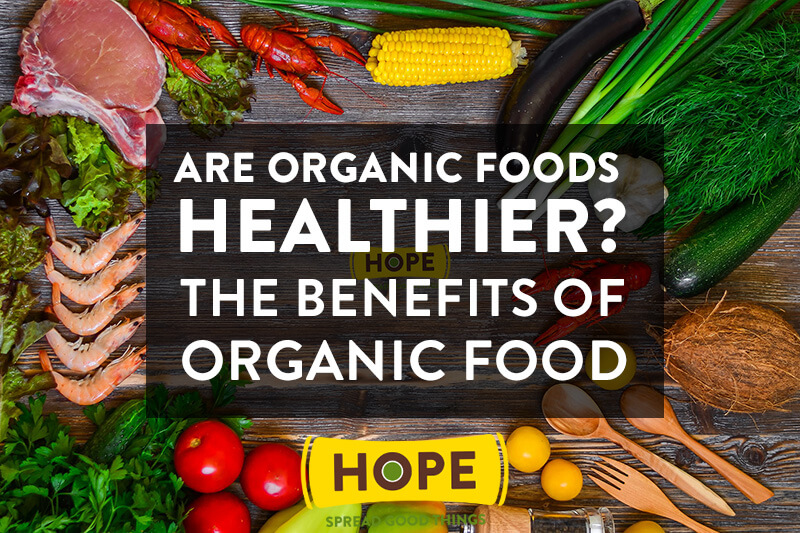 |
CO2 INJECTION FOR PLANTED TANKS - FULL TUTORIALWelcome to Belovedsaffron.com, where we embrace everything related to spices, herbs, nutritious food, and organic eating! We are not professional.. |
 |
First Look! Stock Market Earnings and the Stocks to Watch NOWFull Q1 Earnings Review and the Best Stocks to Buy Right NOW! Members’ only livestream and Q&A. If you aren’t able to be here live, ask any questions in the |
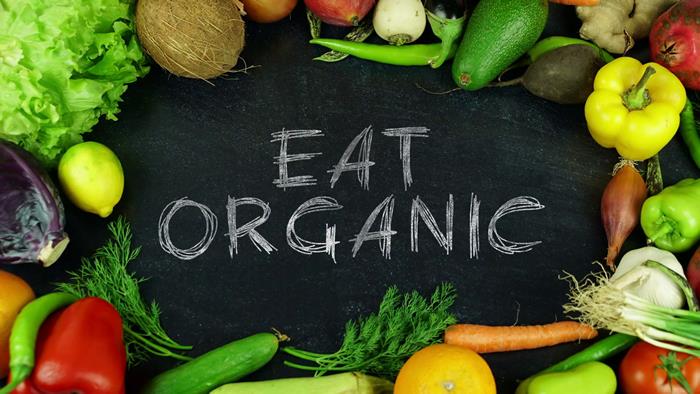 |
Organic eatingOrganic Cultur |
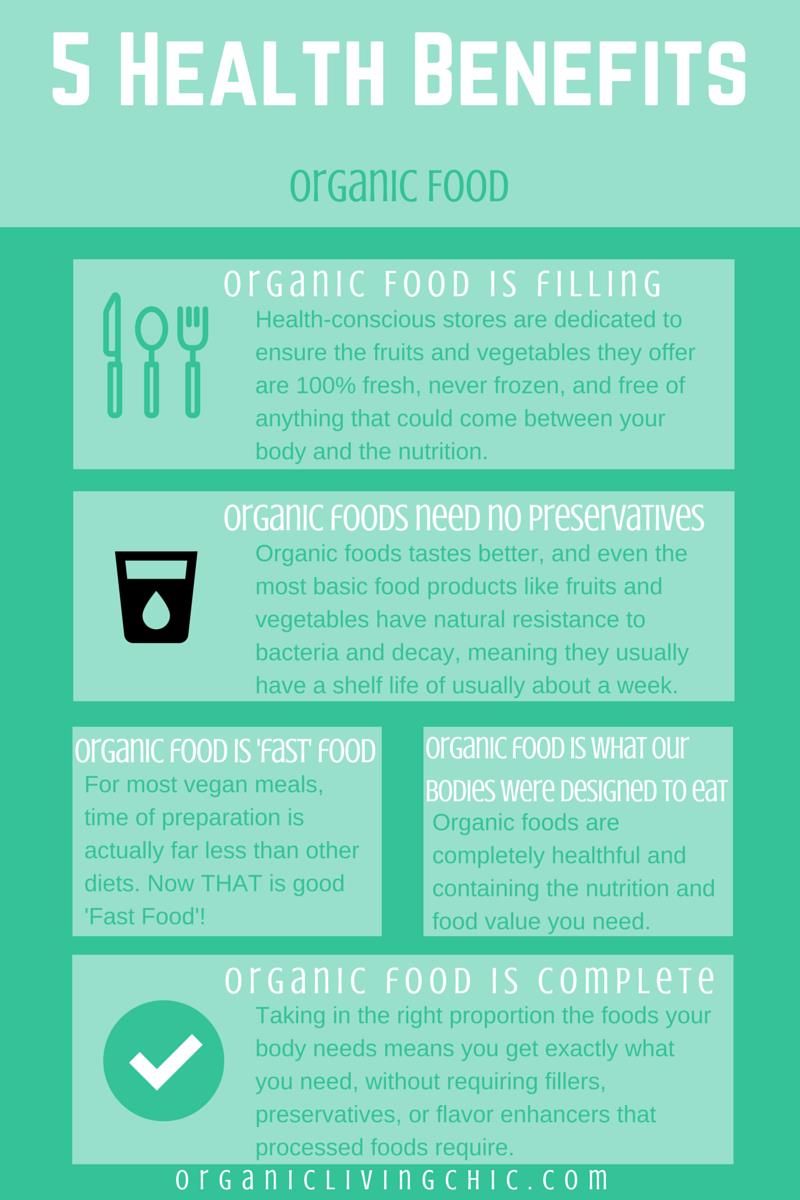 |
The 1 Fruit All Diabetics Should Be Eating, Study SaysEver heard of a fruit that actually lowers blood sugar instead of raising it? Well, here's one on offer for you. Nature's gift to help you peg your blood sugar |
 |
**THE LAST PART** What My Life Was Like Before My Diagnosis - Part 3 – Liver Disease & CirrhosisAt Belovedsaffron.com, we're passionate about flavours, cultures and cooking wisdom from around the world. We seek to bring you closer to sustainable |
 |
Aliens under the Ice – Life on Rogue PlanetsDiscover the wonders of global cuisine at Belovedsaffron.com! Our mission is to bring you spices, herbs and organic food from all over the world,.. |
 |
Magnesium: Why You Should Take ItIn this episode of "Talking with Docs," Dr. Zalzal and Dr. Weening delve into the importance of magnesium in our bodies and the benefits of taking magnesium |
 |
The 5 Keys to Soil Transformation with Matt PowersAt Belovedsaffron.com, we are dedicated to exploring the amazing world of spices and herbs, encouraging sustainable eating practices and sharing.. |
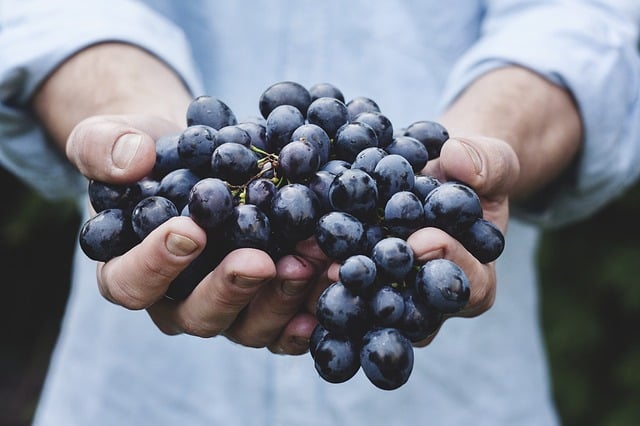 |
Using Fertilizer in the Vegetable GardenUsing fertilizer in the veggie garden- why, how, what & when? This video addresses some common questions about fertilizer, some basics about fertilizing |
 |
Full Day Of Eating | Starch Solution | Apple Cake & Cauliflower CurryAt Belovedsaffron.com, we are passionate about spices, herbs, recipes and organic eating. It is our mission to bring awareness of flavors from around |
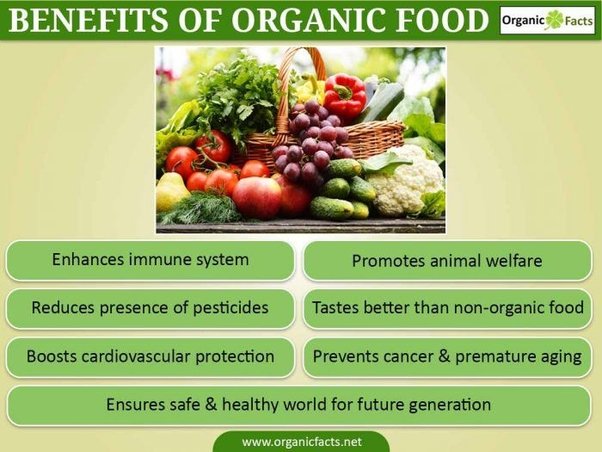 |
The Ultimate KabU Retreat Preparation EventAt Belovedsaffron.com, we are passionate about spices, herbs, recipes and organic eating and on a mission to bring you awareness about flavours from.. |
 |
Working technology in village || Organic village lifeAt Belovedsaffron.com, we are passionate about spices, herbs, recipes and organic eating and on a mission to bring you awareness about flavours from.. |
 |
A Carrot a Day Keeps the Doctor AwayCarrots can do more for your health than you might think. Learn more about the interesting benefits of carrots. The Anticancer Nutrient Researched over |
 |
OPENING THE RESTAURANT SOON | EATING ACKEE AND SALTFISHGenuinely embracing global flavours, BelovedSaffron.com invites food lovers and passionate chefs to explore a world of spices and herbs, organic food, |
 |
Is This the BEST Way to Garden in Difficult Climates?Welcome to BelovedSaffron.com, where we celebrate all the wonderful flavours of spices and herbs worldwide! We are not just chefs but food.. |
 |
Developer Of The Best Ever Organic Fertilizer Visits The Farm! Tips, Advice & Expertise GaloreAt Belovedsaffron.com, we are passionate about spices, herbs, good food and organic eating. Our mission is to bring awareness about the different.. |
 |
Cooking delicious curry by mother || Village life || Organic lifeAt Belovedsaffron.com, we believe that the key to good food and healthy eating is the proper use of spices, herbs, and other fresh ingredients. We.. |
 |
90% People Eat GARBAGE | 5 Signs your Food is ADULTERATED | SHLLOKAAt Belovedsaffron.com, we're passionate about flavours, cultures and cooking wisdom from around the world. We seek to bring you closer to sustainable |
 |
The Latest Research on Organic | The Organic CenterResearched articles about eating Organic food |
.png)





